Living paycheck to paycheck can be disheartening and can take a toll on your mental health. Can you break this cycle? Yes! Here's how to stop living paycheck to paycheck and start thriving in your financial life
Whenever payday comes, I know a lot of people who live like one-day millionaires. Only to end up running out of money even before the month ends.
A CareerBuilder 2017 Survey revealed that 78 percent of U.S. workers live paycheck to paycheck to make ends meet.
With over three-quarters of the population of workers in the U.S. living paycheck to paycheck, you may think this is a pretty normal thing. Well, it shouldn't be.
Check out our ten realistic tips on how to stop living from paycheck to paycheck and start living your life without money worries.

First things first on how to stop living from paycheck to paycheck
Everyone's lifestyle and living situations are different, and so are our financial circumstances. Whatever choices and decisions we make based on these situations have a compounding effect on the quality of life we live.
Surely, we all have different income levels; however, even high-earning individuals and families admit they still struggle with managing their income and alway depend on the next paycheck.
To put things in perspective;
According to a new survey by Nielsen Global Consumer Insights, one out of every four families making $150,000 a year or more is living paycheck to paycheck. The number increases to roughly one out of every three for households earning $50,000 to $100,000 and one of every two for those taking in $49,999 and below.
Nielsen
I say this to let you know that income is not the only factor that affects whether you can survive without having to wait on the next paycheck. Things like poorly managed debt, crippling student loans, poor saving habits and overspending are often the main causes of bad financial situations.
That's why it's crucial to look deeply into your lifestyle and work on a financial game plan to improve your life quality. And guess what? You can start today.
Let's take a look at the tips to help you get out of the rat race.
1. Own your financial situation
The first step is to be aware and conscious of your financial situation. Evaluate where you are sincerely and take responsibility for all financial actions up to this point.
When I first decided to take my finances more seriously in December of 2018, I had to have a serious talk with myself. I took a look at my transactions for the year and saw how ridiculous I had been with some expenses. It was mostly the totals of expenses like fast food, entertainment, and shopping that shook me.
It was then that I realized that I wasn't poor; I just had poor money management skills. This was mostly because I didn't take a deliberate approach to how I used my money.
So, do this and you'll be well on your way to mastering your money and eventually building wealth.
2. Shift your Mindset
Once your mindset changes, everything on the outside will change along with it.
Steve Maraboli
Start to focus on your goals, find out your whys and begin with the end in mind.
Ask yourself, “What am I working for?” “Where do I want to see myself financially, five or more years from now?”
I suggest you visualize right now or take down notes of your future dream life.
You've probably heard a lot of these phrases like, “Live below or within your means.” However, that quote will be futile if you do not take actionable steps to live the words.
3. Create a budget
Having a budget has a lot of proven benefits to keep track of your financial status. If you haven't had one, that's a surefire recipe for disaster. Don't get me wrong; budgeting doesn't have to involve tons of charts and detailed tracking; it just has to have a definite plan for how you will spend your money.
CareerBuilder's survey also shows that more than 1 in 4 workers does not set aside any savings each month.
Creating a budget is easier than you think. You may be intimidated at first if you've never created one before, but as long as you avoid the most coming budgeting mistakes and commit to planning out your money in advance, you have nothing to worry about.
You can start planning your budget even if you're a minimum wage worker. Simply start with identifying your necessities – food, water, shelter, utilities, and anything vital for your survival – and set aside money for them.
Then, allocate money to your bills, fixed and variable expenses, and debts. If these expenses aren't always the same every month, you can budget for each category's average amount.
After that, deduct all your expenses from your take-home pay; if there's a little left, that's awesome! Save all of what's left or a portion of it. But, if your expenses outweigh your income, then it's time to reevaluate your finances again. Make sure there aren't any areas you're overspending or taking on more than you can chew, and then check out number 6 on this list.
Learn More:
How to budget and save money to transform your finances
How to budget money on low-income – Top 4 Essentials
4. Start an emergency fund.
In case you're not familiar with what an emergency fund is, it is basically a savings buffer. An emergency fund is a stash of money set aside to take care of unexpected expenses brought on by future mishaps or events, hence the term emergency.
Experts say to have about 3 to 6 months worth of your basic living expenses in your emergency fund.
Even when you're starting small, you need to have a safety net. When added up, $50 set aside each payday can cover basic emergency expenses life throws at you.
To get started, automate your emergency funds' savings with an app. This applies to all of your savings goals too!
Further, use a different bank account solely for your savings to kept it out of sight and avoid the temptation of pinching money from it.
I have my emergency fund, and I am close to my goal amount. Over time, it became addicting to save for the emergency fund, and I didn't even think twice about saving towards it. I only use it in very dire situations.
All jokes aside, you should start building your emergency fund. Mine has helped me in a lot of instances where life became crazy.
Do not worry if you frequently withdraw from your fund as long as you use its actual purpose (emergencies); just be sure to replenish it.
5. Terminate all bad debts and regulate your credit card usage
The same survey clearly states that nearly 3 out of 4 workers say they are in debt today – more than half think they will always be. Debt is certainly a growing issue for American workers and even worldwide. It's a major reason why many people live paycheck to paycheck.
Debt can be in the form of store credit cards, personal loans, payday loans, student loans, medical and car loans. It's essential to treat debt as a necessary expense in your budget. Getting out of debt is a major feat to attain on the journey to financial freedom.
There are a lot of reasons people get bogged down in debt. It's either because they're just not earning enough, crumbling under too many expenses, or keeping up with the Joneses. Whatever the reason is, there's a way out of debt.
Here are two methods to start paying more towards your debt while still contributing to your savings.
• The Snowball Method
Start small and go bigger. It involves you it's paying your debts from the least amount owed to the largest. You pay more than the minimum required amount on the smallest account and gradually increase your payment towards this debt while paying your other accounts' minimum required amounts.
Even though you pay for more interest in the long run, what you'll be getting out of here is the satisfaction of paying off an account a lot more often, therefore allowing you to have more to contribute to your larger balances after an account closes.
• The Avalanche Method
Contrary to the previous method, this approach will save you money in the long run as you focus on your account with the largest balance or higher interest rates. It may take some time, but you could save thousands on interest by closing the large accounts early.
Another way to be debt-free is to stop using credit cards. More often than not, we tend to overlook the fact that credit cards are just plastic money. It's easier to spend when using credit cards because you don't hold the cash in your hands. Unlike when you have the physical money with you and can see just how much money is left in your pocket.
Keep in mind that you should only use credit cards for stuff you can pay in cash right away. Also, make the highest payment you can afford, not just the minimum balance. Better yet, reduce your spending in other areas to focus on paying off your debt.
Do not ignore your debts, as this can have a direct impact on your credit score. Use credit cards to your advantage to build great credit history and a high credit score, which can come in handy to get better interest rates and save you more money.
Learn More:
How to Build Excellent Credit Score – 9 Proven Ways
6. Get a part-time job or a side-hustle
Now that you have checked in with yourself, started a budget, and taken control of your bad debts, it's now time to increase your cash flow and make more money.
One of the easiest ways to do that is to get a part-time job or start a side-hustle. If you already have a full-time job, try getting a second one, or go freelance, and with various economy gigs available out there, it's not that hard to land a side gig.
Focus on what you're good at and offer that skill to clients. Start a business, if you have an idea or product you want to put out there.
Put in the work, grind hard and start earning more. Spend less, and break that paycheck to paycheck loop.
Read more:
36 Best Ideas to Earn Extra Money Now and in the Future
Easy Freelance Jobs Online for Beginners to Get Started With Right Away
18 Unique Ways To Create Passive Income and Boost your Cash Flow
7. Sell your unwanted stuff
Aside from the previous tip above, another way to get some quick cash to help you stop living from paycheck to paycheck is to sell your unwanted items. Take a look at items that you haven't used in a while that are worth selling.
Offer up these items in yard or garage sales, or better yet, check out free mobile apps that allow you to post a listing of your stuff for sale.
Read more here:
The 20 Best Selling Apps to De-clutter Your Stuff.
8. Cut back on your spending.
From making a budget, you will have an idea which part of your expenses you need to cut back.
It might not be obvious to you at first, but with a thorough look, you can find even the tiniest expense to cut back that can save you hundreds. Just cutting back on a $5 daily coffee purchase can save you up to $100 in a month. There's most likely something you can get rid of right away.
Other expenses you might consider cutting are unnecessary subscriptions (no one needs 5 streaming services) and gym memberships among the few. Reduce eating out; instead, cook your meal. You'll be surprised by how much you can save from food expenses. Automate your savings and take some time to negotiate your terms and agreements with your landlord or cable and internet provider to lower down your cost.
Get out of the impulse buying habit and always set your intentions based on your goals. Savings first!
Related:
How to Save Money While Renting
9. Practice the 30-day savings rule
Essentially, this will make saving money second nature to you. For every item, you think of and you feel compelled to purchase, wait for 30 days (1 month) and see whether you still want to buy it afterwards. Just wait and be patient.
Give yourself this lead time to decide before you purchase. Very often, you won't feel you need the item anymore, and if you still do, go ahead with it.
10. Save your Windfalls
Windfalls are usually sudden and more common than you think. Windfalls are typically large and unexpected financial gains such as salary bonuses, property sales, inheritance, 13th-month pay, lawsuit settlement, or profits from winning the lottery, but that doesn't mean these earnings should not just come and go.
Pay down your debt and save the rest. You can put your savings into a high-yielding bank account or have it invested in stocks or bonds.
Most people fall into the trap of splurging all the money from their windfall on unnecessary expenses rather than using it as an opportunity to boost their finances. Don't fall into this.
How to stop living from paycheck to paycheck?
All of the above shared tips aren't going to work unless you make the conscious decision and effort to truly stop living paycheck to paycheck like most Americans are now.
Again, it all starts with you and your lifestyle choices.
More importantly, not just low-income earners suffer from this; nearly one in 10 workers making $100,000+ live paycheck to paycheck, according to CareerBuilder's survey. This shows that more money doesn't necessarily mean less financial worries.
Remember that just because you earn more money than you used doesn't mean you have to change your increase your spending. It's called lifestyle inflation, and it can get you once again living paycheck to paycheck.
Final thoughts
If you are sick and tired of having no money left at the end of the month, it's time to improve your habits to help you break this cycle.
Set intentions. Be disciplined and control your financial life. Learn to pay yourself first every paycheck. Most people wait and only save what's leftover—that's paying yourself last, and it's not a good practice.
Ultimately, have a fearless abundance money mindset.
Are you living paycheck to paycheck right now? Don't worry. I believe you can surpass that phase. If you had been and are now living your financial dream life, share your experience with us, and if you have any other tips to share, please do so.
Let's all be financially independent, have peace of mind, and live fruitful lives! Get better and smarter at money!
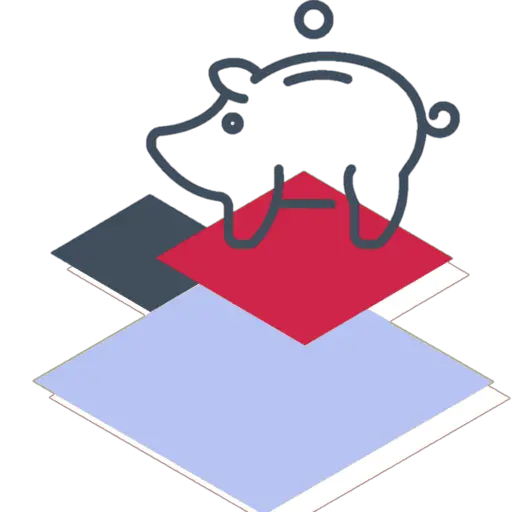


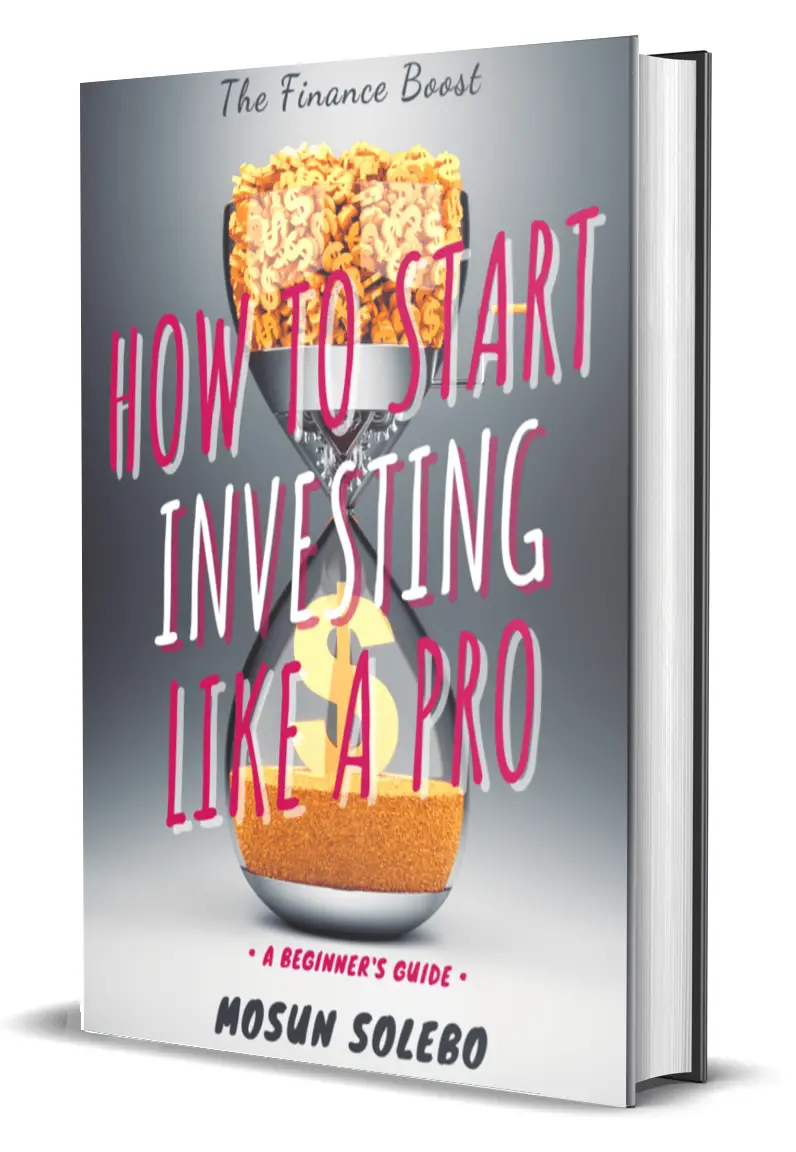
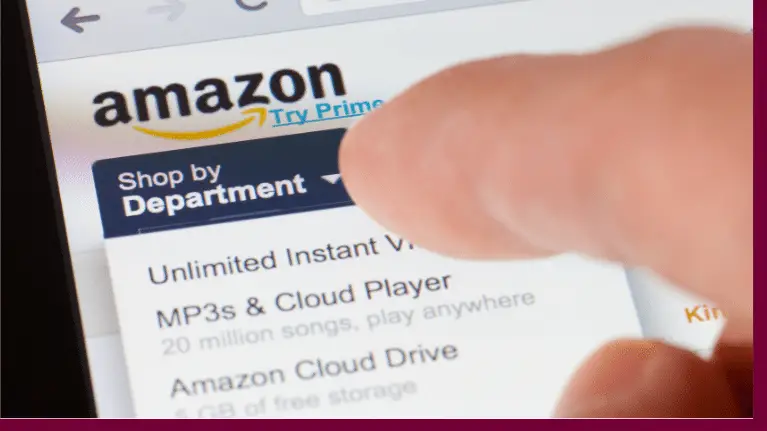


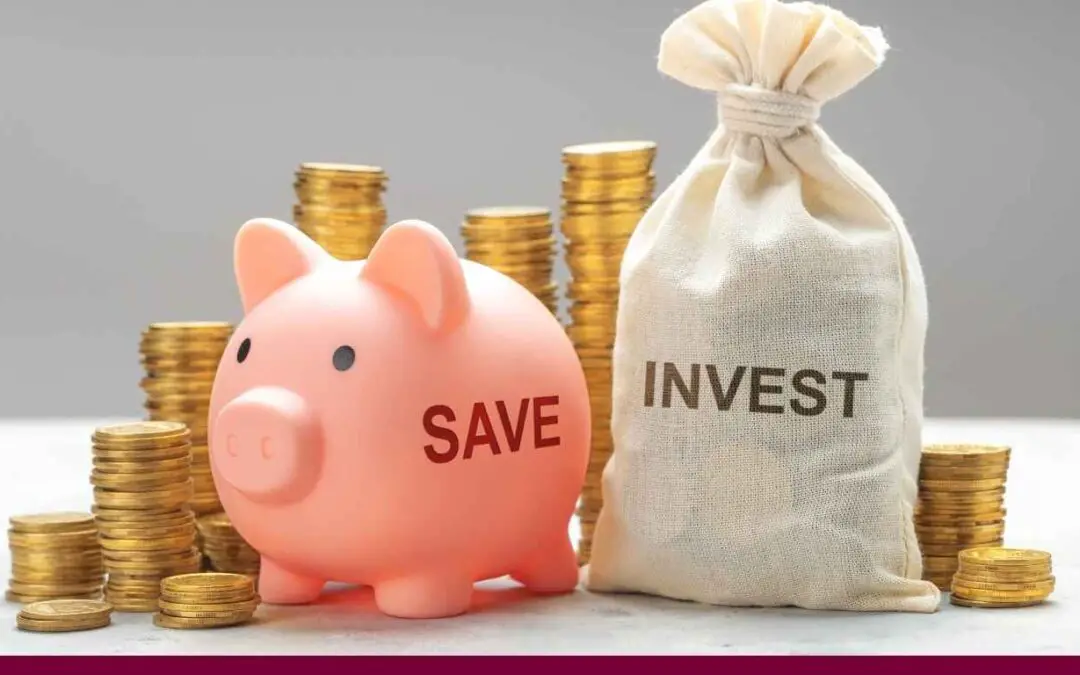
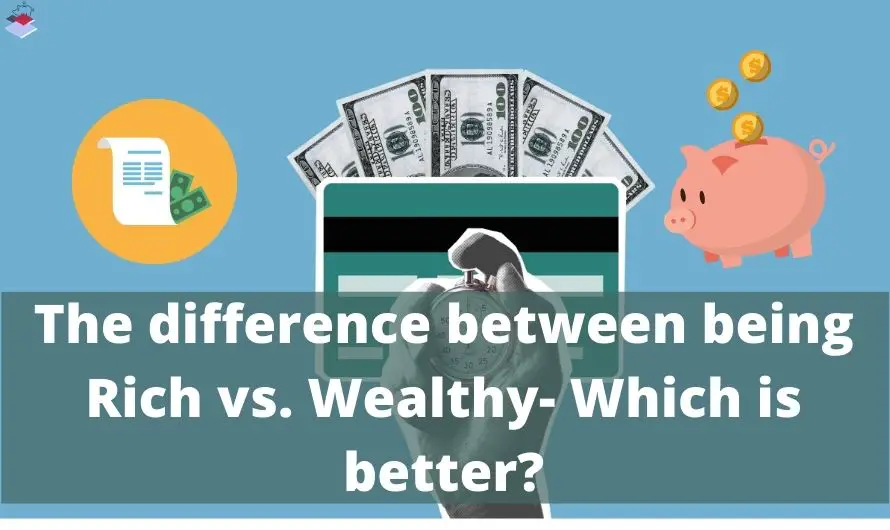
0 Comments
Trackbacks/Pingbacks